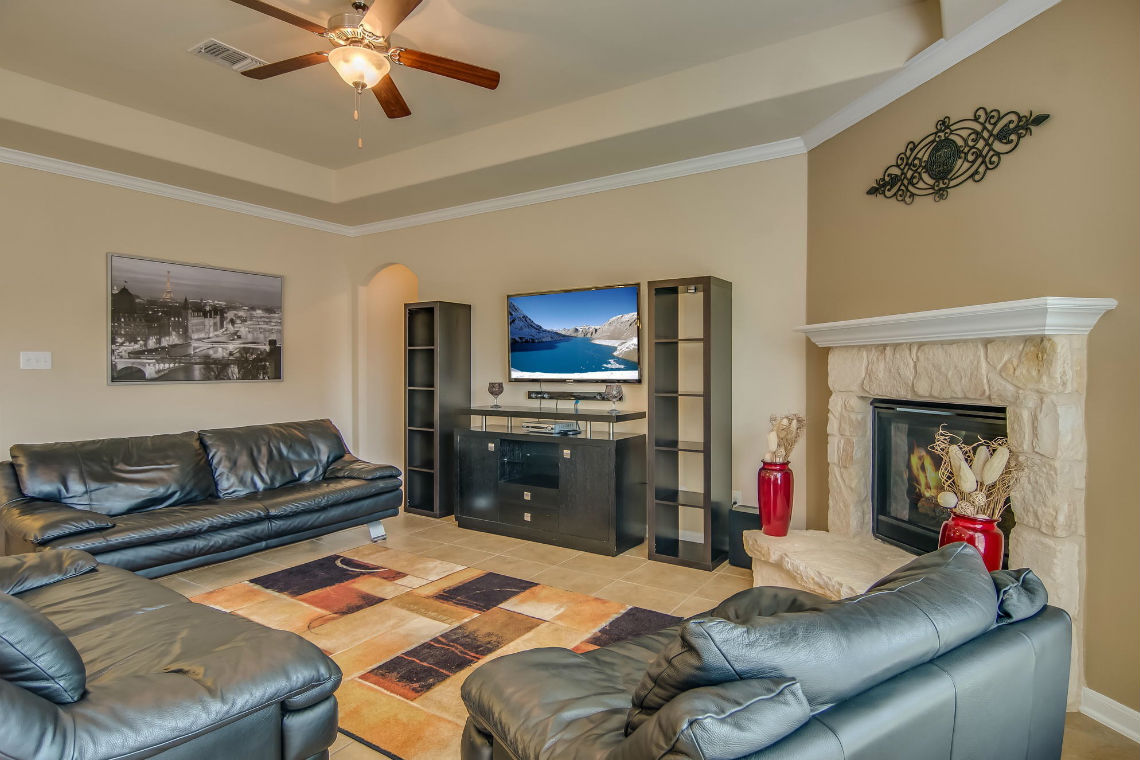Your home is only worth what a Buyer is willing to pay, but the right pricing strategy can make the difference between how much money is left in your pocket and how much is left on the negotiating table when selling your home.
Your asking price is equivalent to naming the first number in a negotiation, so it’s important to select the right one.
Some of the questions that are helpful to consider are as follows:
- Is pricing your home for a bidding war to your highest benefit?
- Is pricing high and then planning to negotiate an effective approach?
- Is it more beneficial for your listing price be a whole number (e.g., $700,000) or a number that ends in 9’s (e.g., $699,900), and does that even matter?
- What should you include in the price?
- When is it time to lower the price?
When the price is too high, you risk being on the market for a long time and receiving less than you might have, had you priced at market value; when a price is too low, you’re leaving money on the table.
In fact, research tells us that for every percentage point above the suggested market price, the house will spend approximately five more days on the market.
When it comes to determining how much your home is worth, ask your agent for a comprehensive Comparative Market Analysis (CMA), which covers all of the following:
- The house and property
- Location
- Condition of the home
- Prices of comparable homes
- Current market conditions
It’s also important to remember that the price of your home is a moving target, and will depend on the time of year you sell, and who you’re competing with.
Tour similar homes currently for sale to see how yours compare.
Then, ask your agent to give you an “Estimated Net Proceeds” worksheet so that you will be aware of your approximate selling costs, your breakeven point, and your estimated proceeds.
Know what the average Days on Market (DOM) is for your area. This can be an indicator for how quickly or slowly your home will sell. Be prepared for both scenarios.
Have an idea of what your holding costs will be while you have your home on the market. Make sure you have the reserves to cover this.
For more information, please use the following valuable resources for information about selling your home:

[…] Come on Down…The Price is Right […]